1. How big will my Cavalier puppy get when fully grown?
Cavalier King Charles Spaniels generally weigh between 13 to 18 pounds when mature, with a height ranging from 12 to 13 inches at the shoulder. The exact size can vary based on genetics and overall health.
2. At what age is a Cavalier considered fully grown?
Most Cavaliers reach their adult height by 12 months but can continue to fill out, gaining weight until they’re about 18 months old.
3. How often should I feed my Cavalier puppy?
Cavalier puppies under six months should be fed three times daily. After six months, you can transition to two meals a day. Ensure the food is specifically designed for puppies and follow portion guidelines.
4. What signs indicate that my puppy is overweight?
An overweight Cavalier will lack a visible waistline and, when touched, the ribs will be difficult to feel under a layer of fat. Maintaining a healthy weight is vital for their overall health and longevity.
5. When will my Cavalier puppy start teething?
Cavalier puppies usually start teething between 12 to 16 weeks old. You may notice more chewing behavior during this period. Providing appropriate chew toys can alleviate discomfort.
6. How long does the teething phase last?
The teething phase in Cavaliers generally lasts until they’re around six to seven months old, by which they should have all their adult teeth.
7. Can I start training my Cavalier puppy right away?
Yes, you can begin basic training as soon as you bring your Cavalier home. Early training with positive reinforcement methods can help instill good behaviors from a young age.
8. How much exercise does my growing Cavalier need?
While they’re growing, Cavaliers should have controlled, gentle exercise. Short, multiple daily walks combined with playtime are ideal to prevent stress on their developing joints.
9. Are Cavaliers prone to any specific growth-related health issues?
Yes, Cavaliers can be prone to certain hereditary conditions like hip dysplasia and certain heart conditions. Regular vet check-ups are essential for early detection and management.
10. When should I switch my Cavalier from puppy food to adult food?
Usually, transitioning from puppy to adult food happens around 9 to 12 months of age, but always consult with your veterinarian for individual recommendations.
11. How can I ensure that my Cavalier’s bones grow strong?
Provide a well-balanced diet, avoid over-exercising, and ensure they don’t jump from heights or engage in high-impact activities while they’re still growing.
12. My Cavalier seems taller/shorter than usual. Should I be concerned?
Individual growth can vary, but if there are sudden changes or if they seem out of proportion, consult your veterinarian for insights into potential health issues.
13. How long should my Cavalier puppy sleep each day?
Puppies, in general, sleep a lot, often up to 18-20 hours a day. This is essential for their growth and development.
14. At what age will my Cavalier’s coat reach its full length?
While they start developing their adult coat around 3-4 months, it might not reach its full lushness until they are about 18-24 months old.
15. My Cavalier’s appetite fluctuates as they grow. Is this normal?
It’s common for puppies to have fluctuating appetites as they go through growth spurts. However, any prolonged loss of appetite warrants a vet consultation.
16. How do I know if my puppy’s growth is on track?
Regular vet check-ups, monitoring weight, and height, and comparing to breed-specific growth charts can help determine if your Cavalier’s growth is on track.
17. Are growth supplements necessary for my Cavalier?
In most cases, a balanced puppy food will provide all the nutrients a growing Cavalier needs. Before introducing any supplements, always consult with your vet.
18. Will neutering or spaying affect my Cavalier’s growth?
There’s some debate about this, but recent studies suggest that early neutering/spaying can influence growth. It’s best to discuss the timing with your veterinarian.
19. My Cavalier seems to have sudden energy bursts. Is this typical of their growth stage?
Yes, many puppies, including Cavaliers, have short, sudden bursts of energy known as “zoomies.” It’s a normal part of puppy behavior but ensure they’re in a safe environment during these bursts.
20. Can my Cavalier’s growth be affected by other dogs in the household?
While interaction with other dogs won’t directly impact physical growth, it can influence behavioral development. Positive interactions with other pets can be beneficial, but always supervise to ensure safety.
21. Is it normal for my Cavalier puppy’s legs to look a bit bowed during growth?
Yes, slight bowing or awkward limb positioning can be normal as your Cavalier puppy grows and their joints develop, but if the issue seems severe or persistent, a vet check is recommended to rule out orthopedic problems.

 3 weeks ago
13
3 weeks ago
13


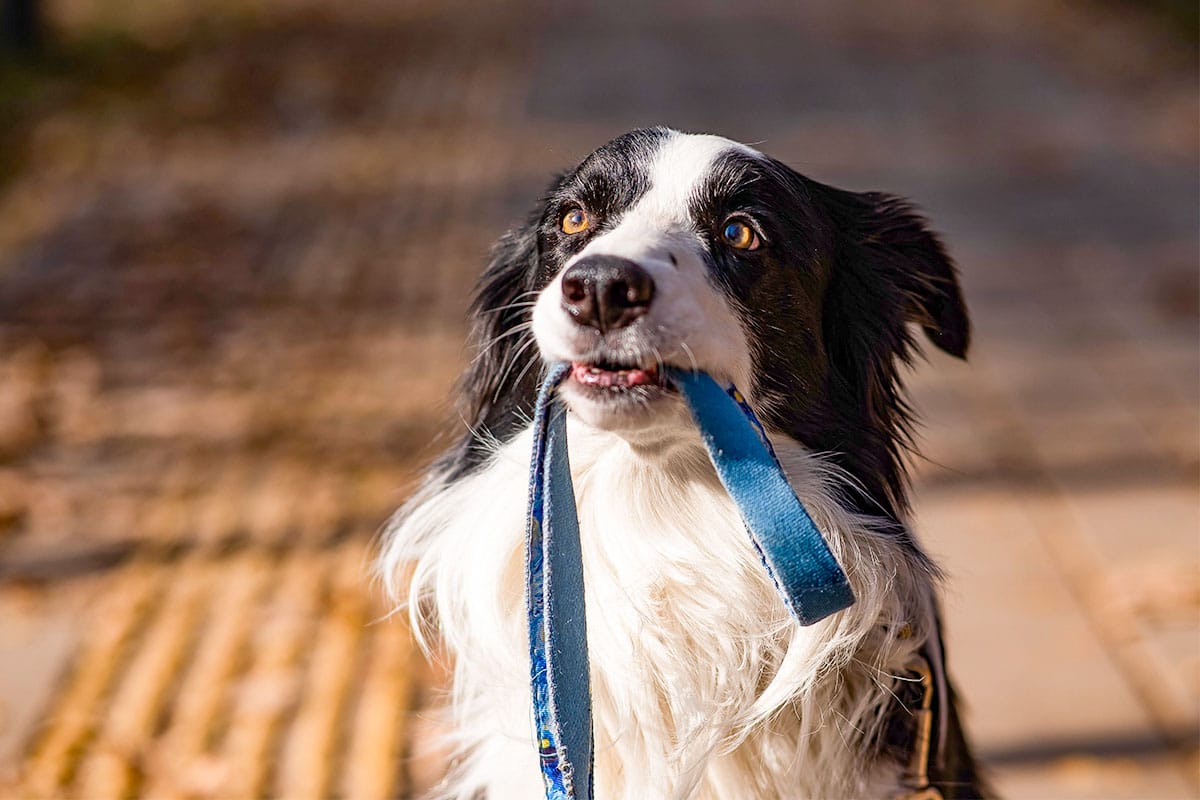



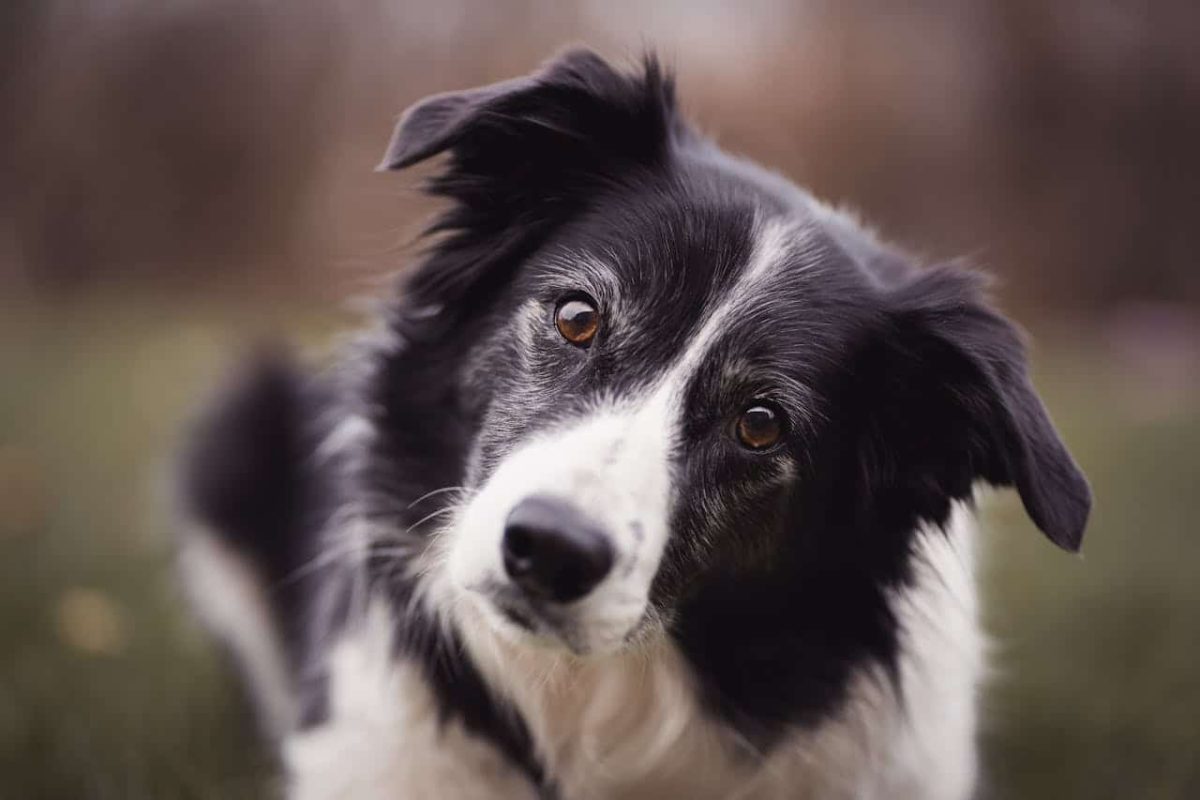
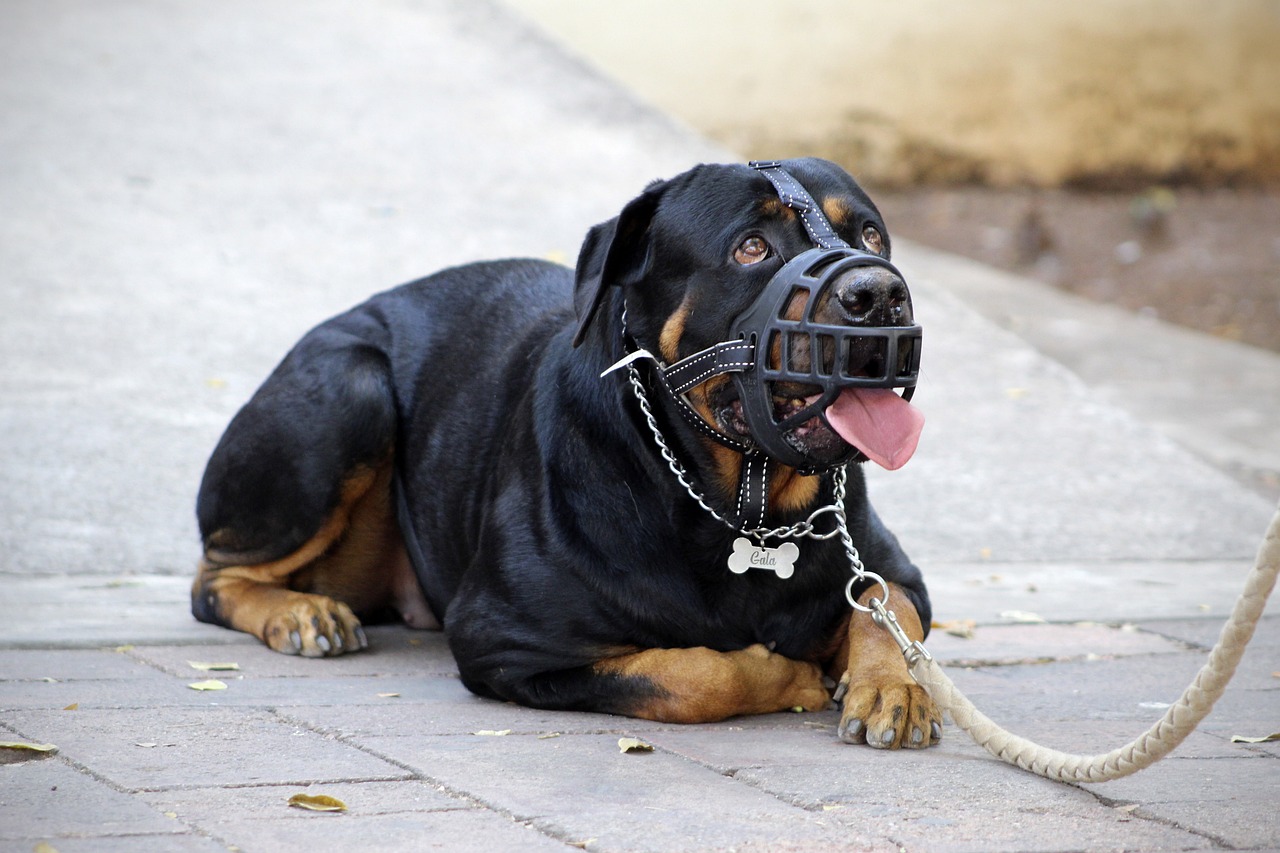


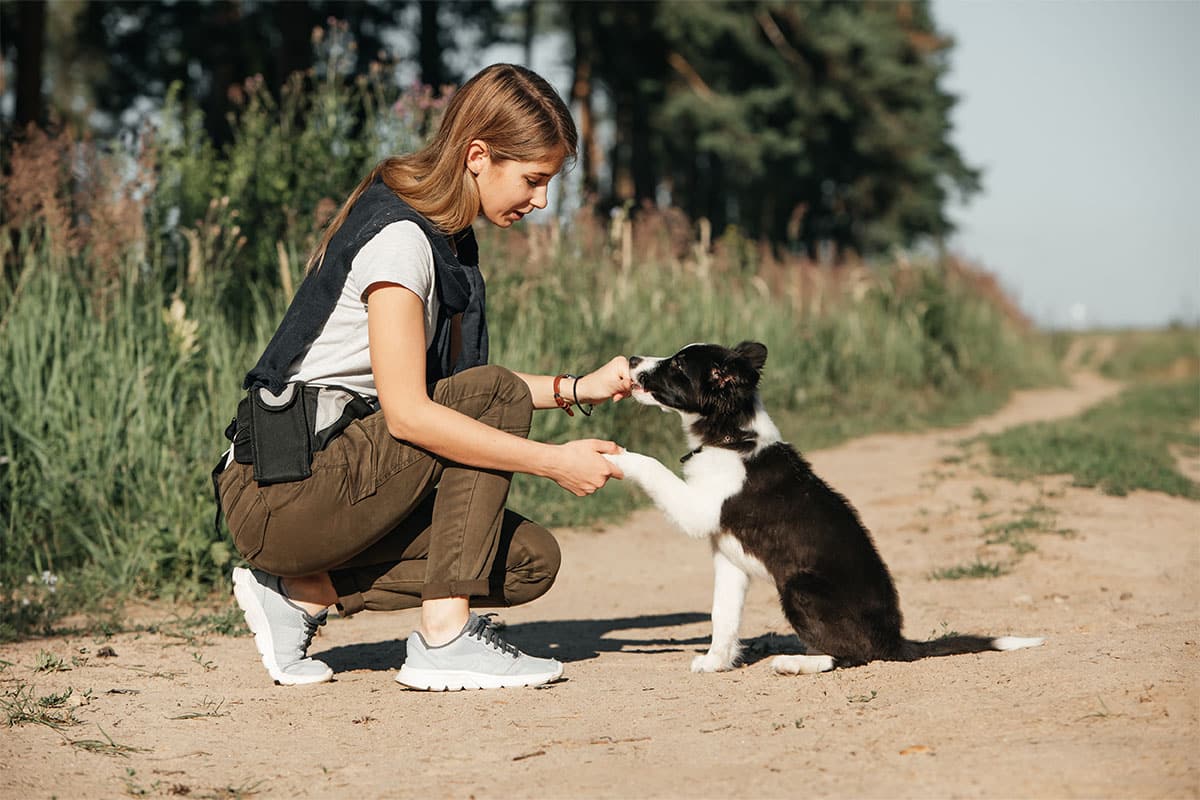
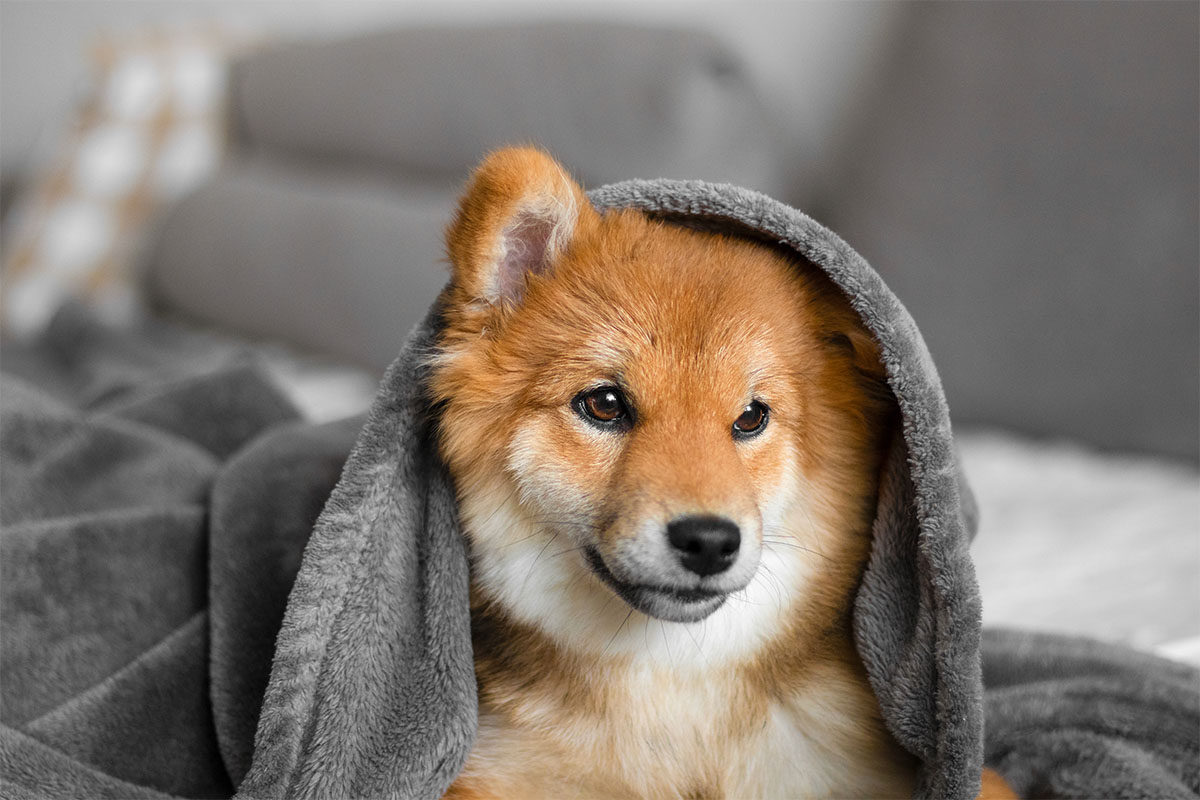

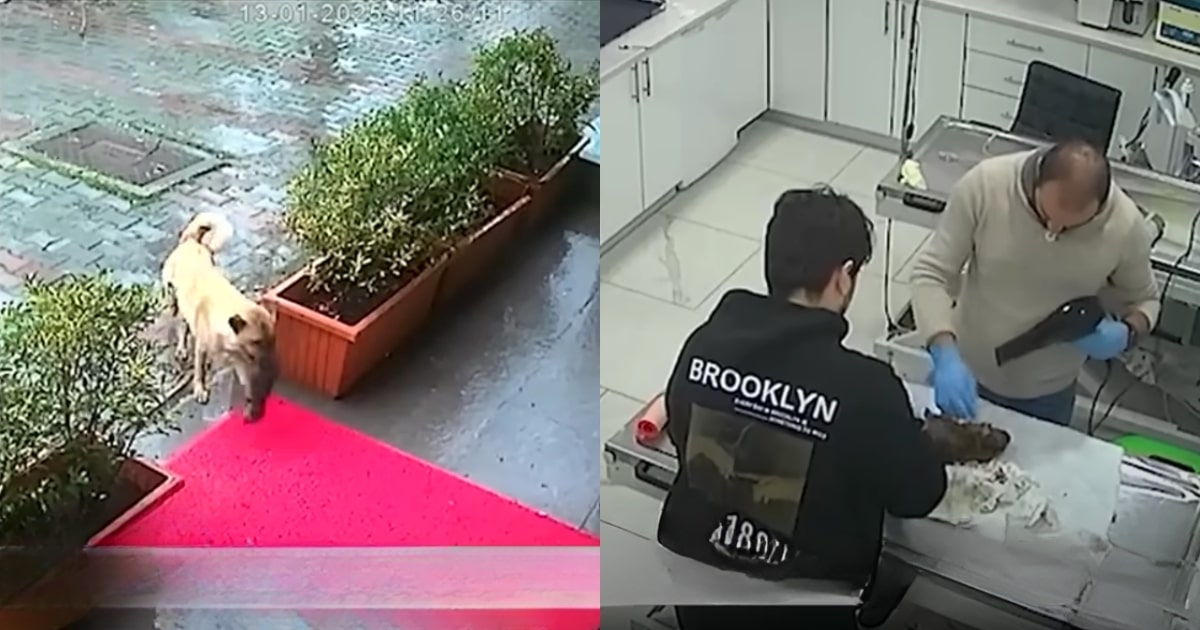

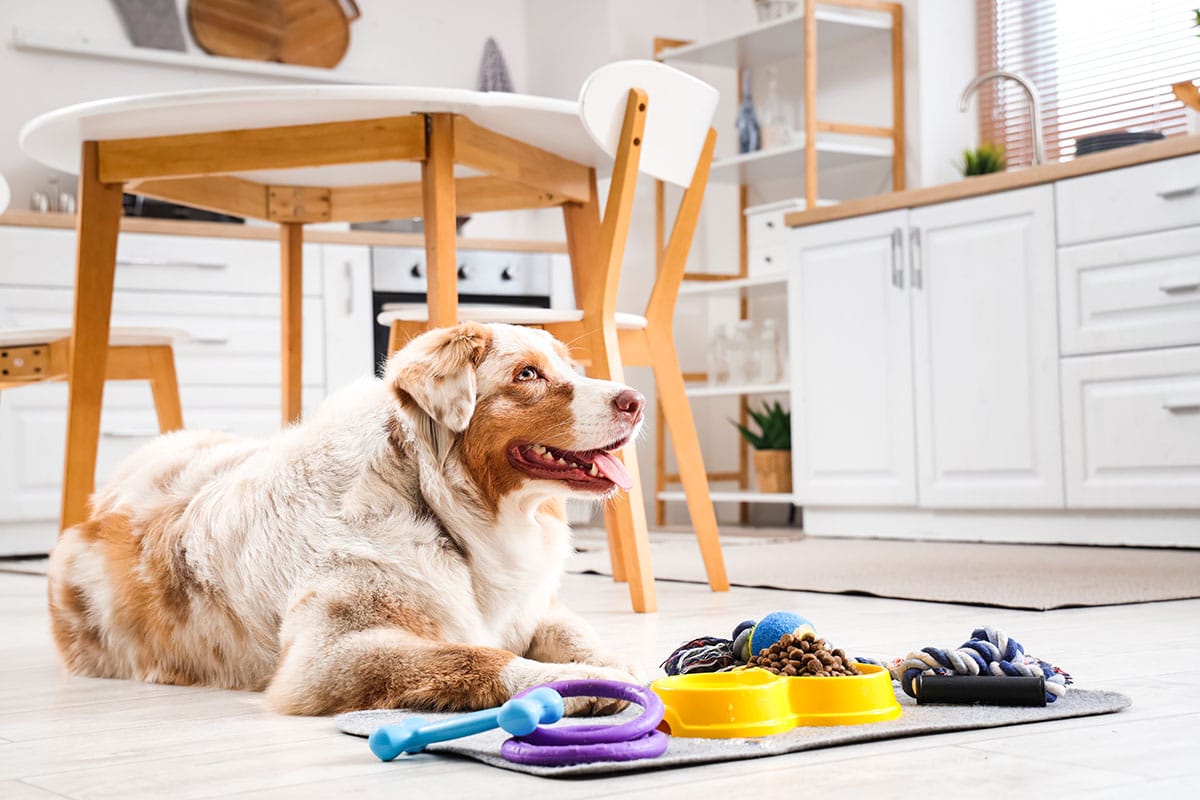


 English (US) ·
English (US) ·